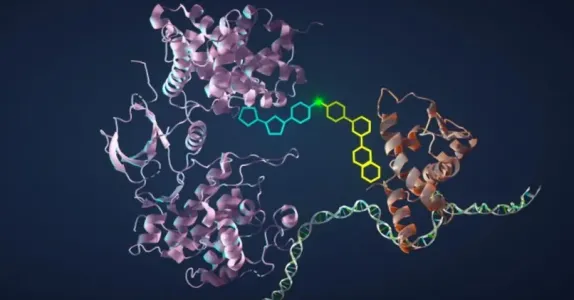
Dr. Crabtree's group is interested in the role of chromatin regulation in development and human cancer. Recent studies have show that over 20% of all human cancers have mutations in the subunits of an ATP-dependent chromatin regulatory complex we discovered several years ago. The genes behave as tumor suppressors and sometimes as oncogenes. Dr. Crabtree's group hopes to understand the fundamental mechanisms used by these complex to prevent cancer.
These same chromatin remodeling complexes are frequently mutated in a variety of human neurologic diseases, reflecting their roles in the development of the nervous system. It appears that these specialized roles in the nervous system are due to the use of unique neural specific assemblies in the developing human and mouse brain. They hope to understand their fundamental mechanism of action through biochemical and genetic approaches in combination with genome-wide analysis and genome sequencing studies.
Finally, they are developing new ways of making conditional alleles of mammalian genes using synthetic ligands that they hope will bring about a new fusion of biochemical and genetic approaches to understanding and controlling fundamental biologic processes. Recently they have developed an effective way of both assaying and modifying chromatin regulation in living cells.






